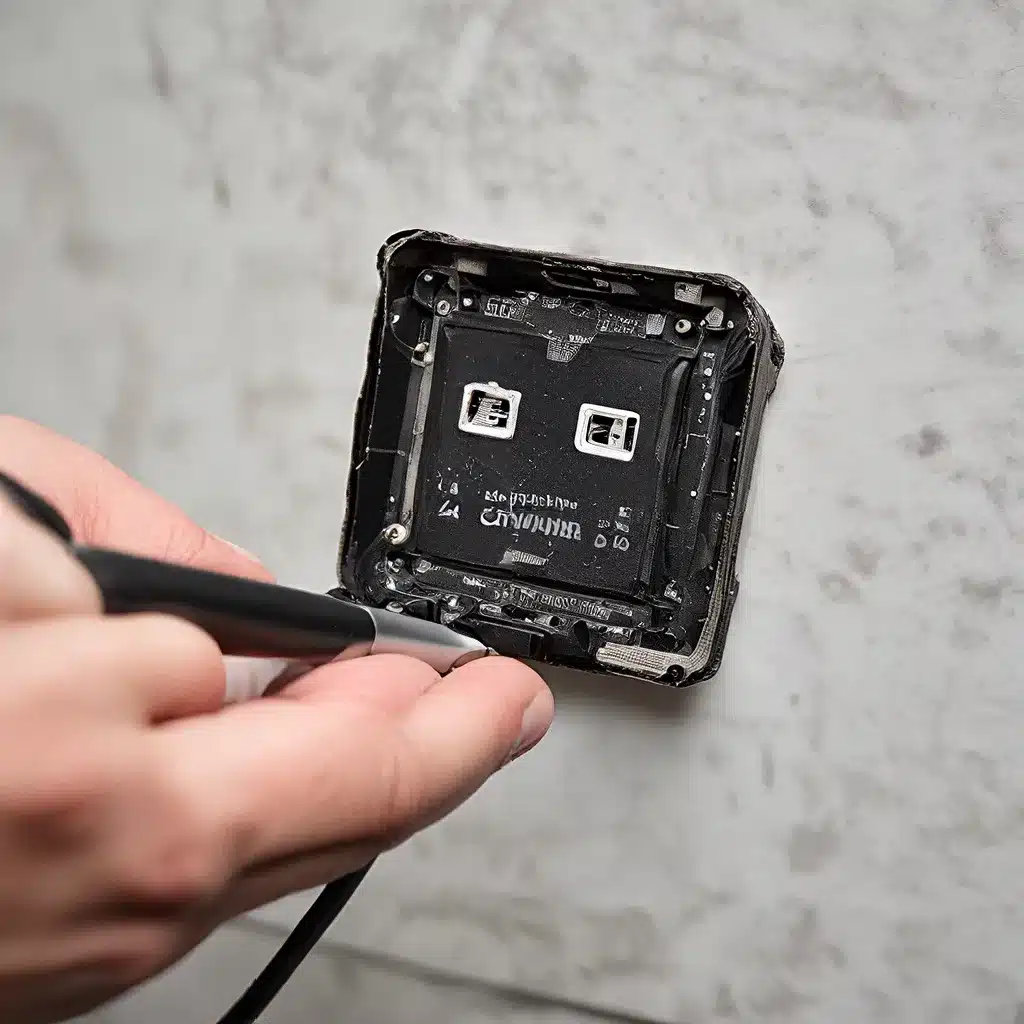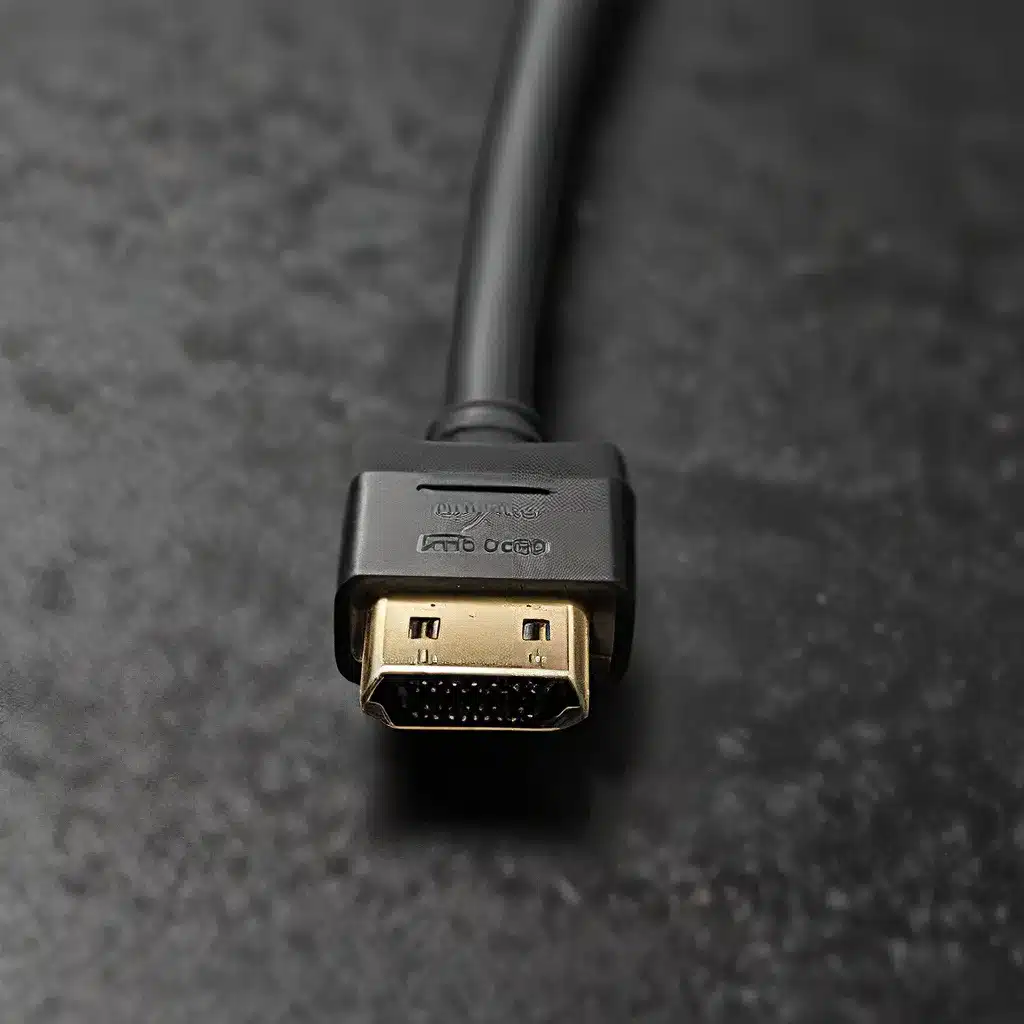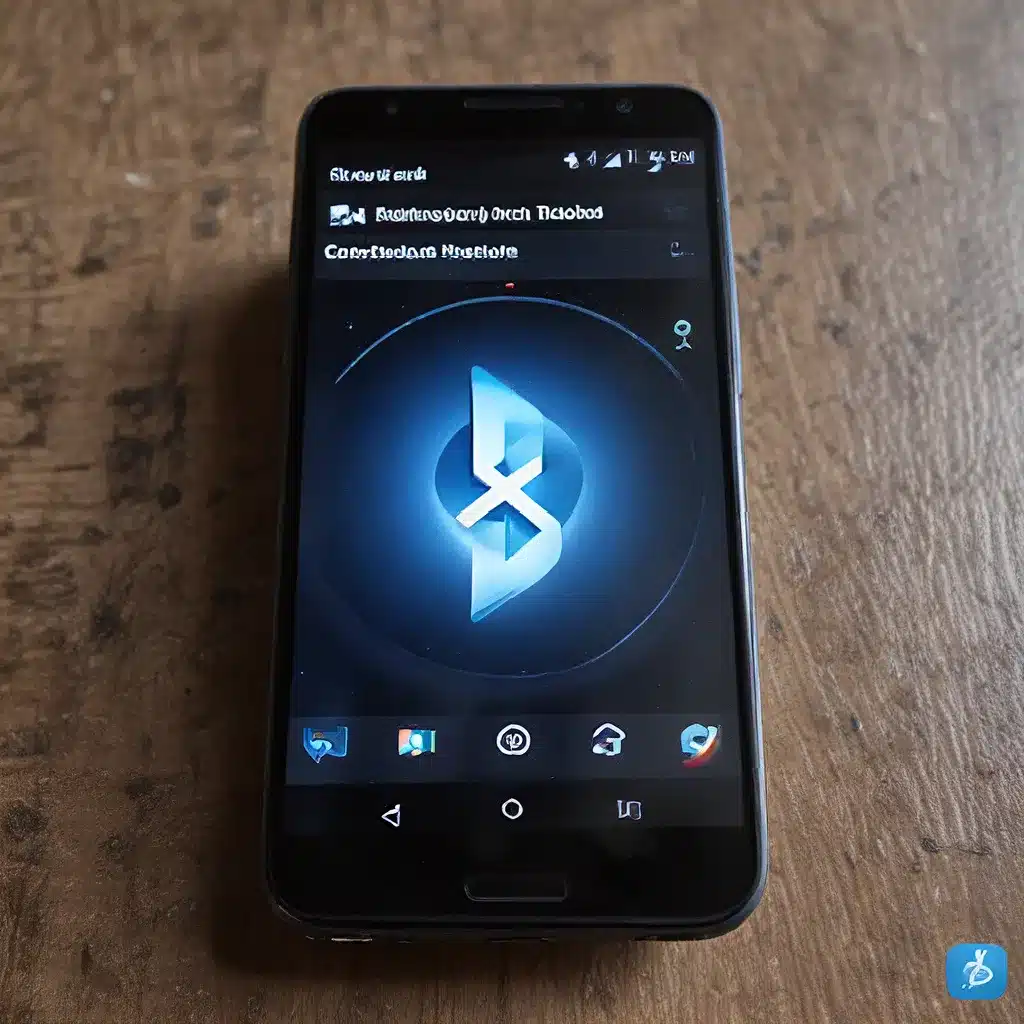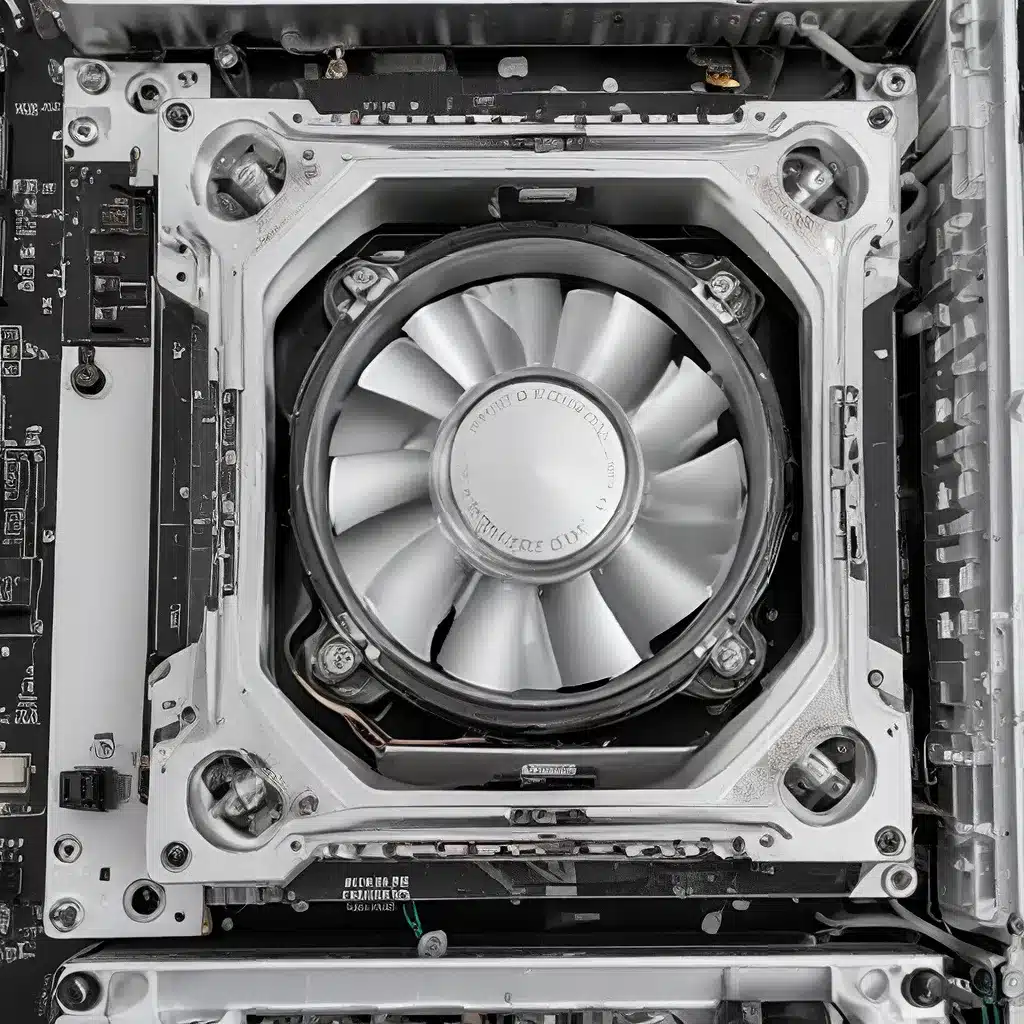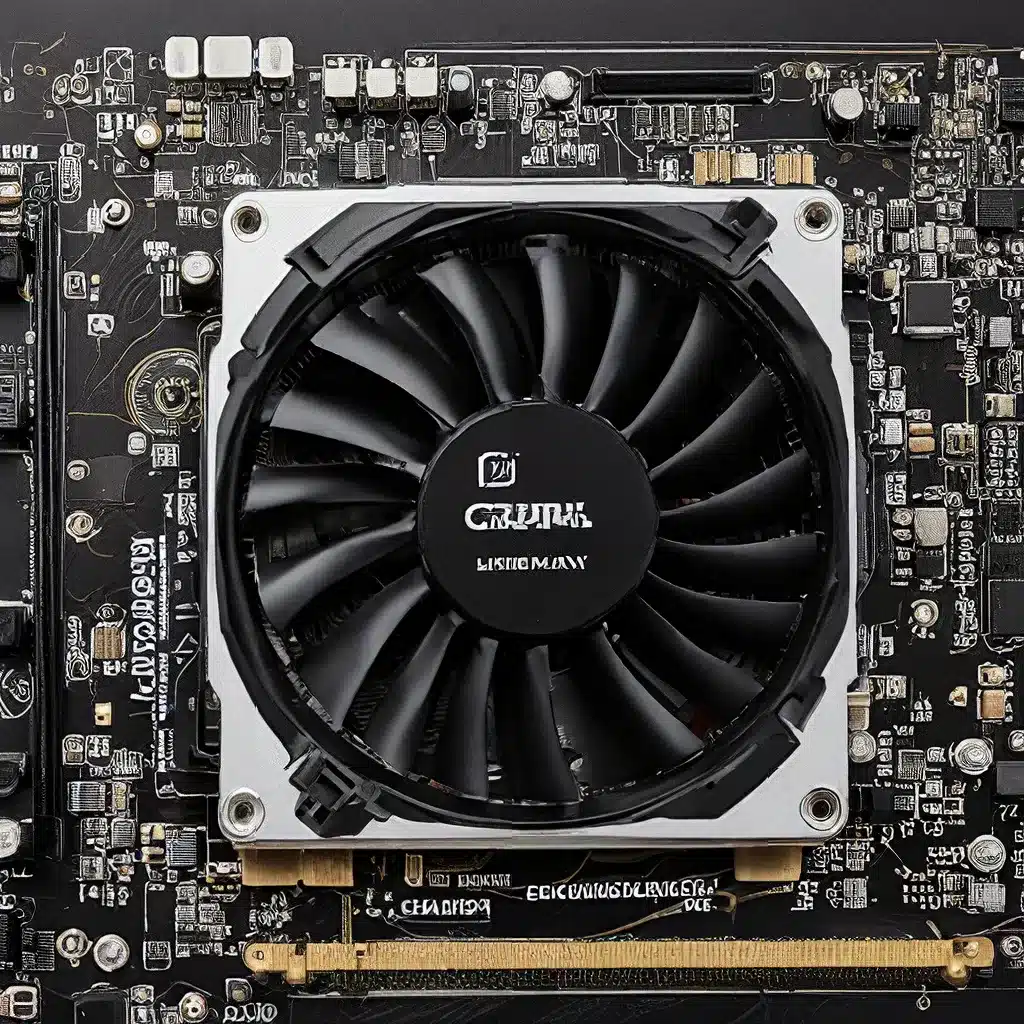Banishing the VPN Boogeyman: A Step-by-Step Guide
I still remember the day it happened. I was in the middle of a critical video call with a client when suddenly, my screen went black. My heart raced as I frantically clicked the VPN icon, only to be met with the dreaded “Disconnected” message. It was the beginning of a technological nightmare that I’m sure many of you can relate to.
VPN drops are the bane of the modern remote worker’s existence. One minute, you’re cruising through your tasks, and the next, you’re left stranded, unable to access the resources you need. It’s a problem that can not only derail your productivity but also jeopardize your professional reputation. But fear not, my fellow tech-savvy individuals, for I’m here to share my hard-earned wisdom on how to never deal with VPN drops again.
Diagnosing the Issue: Pinpointing the Culprit
The first step in solving any VPN problem is to understand the root cause. Is it a problem with your VPN provider, your internet service provider (ISP), or something else entirely? To get to the bottom of this, we’ll need to put on our detective hats and gather some crucial information.
Start by checking the VPN client logs. These logs can provide valuable clues about the nature of the issue [1]. Are there any error messages or patterns that could point us in the right direction? If you’re not sure how to access these logs, reach out to your VPN provider for guidance.
Next, take a close look at your internet connection. Are there any fluctuations in speed or stability? You can use online tools to test your connection and pinpoint any potential bottlenecks [2]. Don’t forget to check the settings on your router as well – sometimes, a simple configuration tweak can make all the difference.
If the problem persists, it might be time to involve your ISP. They may be able to identify any network issues on their end that could be causing the VPN drops. Be prepared to provide them with detailed information about the problem, including the time and frequency of the disconnections [3].
Optimizing Your VPN Setup: Small Changes, Big Difference
Once you’ve identified the root cause of the VPN drops, it’s time to start implementing solutions. And trust me, the fix doesn’t have to be as complicated as you might think.
One of the first things you can try is adjusting the VPN client settings. Look for options like “keep-alive” or “reconnect on drop” and make sure they’re enabled. This can help prevent the VPN from going offline during periods of inactivity [4]. You might also want to experiment with the timeout settings – if they’re too short, the VPN might disconnect prematurely.
Another simple but effective step is to ensure that your VPN client and server software are up-to-date. Older versions can be prone to bugs and compatibility issues, which can contribute to those pesky VPN drops [5]. Make sure you’re running the latest stable release from your VPN provider.
Finally, consider the location of your VPN server. If you’re connecting to a server that’s geographically distant from your location, you may experience more connection issues due to latency [6]. Try switching to a server that’s closer to your physical location and see if that makes a difference.
Bulletproofing Your VPN: Redundancy and Backup Plans
Now, let’s talk about taking your VPN setup to the next level. The key to bulletproofing your VPN against drops is building in redundancy and having a backup plan.
One way to do this is by using a dual-VPN setup. This involves connecting to two different VPN providers simultaneously, effectively creating a failover system [7]. If one VPN drops, your connection will automatically switch to the other, keeping you online and productive.
Another option is to leverage the power of SD-WAN (Software-Defined Wide Area Network) technology. SD-WAN allows you to combine multiple internet connections, including VPNs, into a single, resilient network [8]. If one connection fails, the traffic is seamlessly rerouted to the others, ensuring a smooth and uninterrupted experience.
Of course, no matter how robust your VPN setup is, there’s always a chance of a complete network outage. That’s why it’s essential to have a backup plan in place, such as a mobile hotspot or a secondary internet connection. This way, if your primary internet goes down, you can seamlessly switch to your backup and keep working without skipping a beat.
Embracing the VPN-free Future: Exploring Alternatives
As we’ve seen, dealing with VPN drops can be a real pain, but it doesn’t have to be this way. In fact, there’s a growing movement toward VPN-free solutions that could revolutionize the way we work remotely.
One such alternative is the zero-trust security model. Instead of relying on a VPN to create a secure connection, zero-trust approaches grant access based on user identity and device posture [9]. This means that even if your internet connection drops, you can still access the resources you need without interruption.
Another intriguing option is the emerging field of edge computing. By processing data and applications closer to the user, edge computing can reduce the dependence on traditional VPNs and improve overall network performance [10]. This could be a game-changer for remote workers who need lightning-fast, reliable access to their tools and applications.
As technology continues to evolve, I’m confident that we’ll see even more innovative solutions to the VPN drop problem. But for now, by following the steps outlined in this article, you’ll be well on your way to never dealing with those dreaded disconnections again.
So, take a deep breath, put on your tech-savvy hat, and let’s bid farewell to the VPN boogeyman once and for all!
[1] https://live.paloaltonetworks.com/t5/general-topics/never-ending-globalprotect-vpn-drops/td-p/228551
[2] https://forums.xfinity.com/conversations/your-home-network/vpn-keeps-on-dropping/602daea9c5375f08cdf1b119
[3] https://www.reddit.com/r/Express_VPN/comments/qpfgy1/express_vpn_dropped_the_ball_and_got_me_into/
[4] https://community.norton.com/en/forums/my-vpn-shutdown-unexpectedly-today
[5] https://community.bitdefender.com/en/discussion/97148/can-my-vpn-be-causing-my-continual-wifi-disconnections
[6] https://community.norton.com/en/forums/i-will-never-renew-norton-ever-again
[7] https://community.ui.com/questions/VPN-connections-drop-randomly-never-reconnect/f0647e13-3932-435c-a37c-2c141c54a655
[8] https://forum.netgate.com/topic/99626/ipsec-vpn-drops-randomly-and-never-reconnects
[9] https://www.gartner.com/en/information-technology/glossary/zero-trust-architecture
[10] https://www.cisco.com/c/en/us/solutions/enterprise-networks/edge-computing.html





